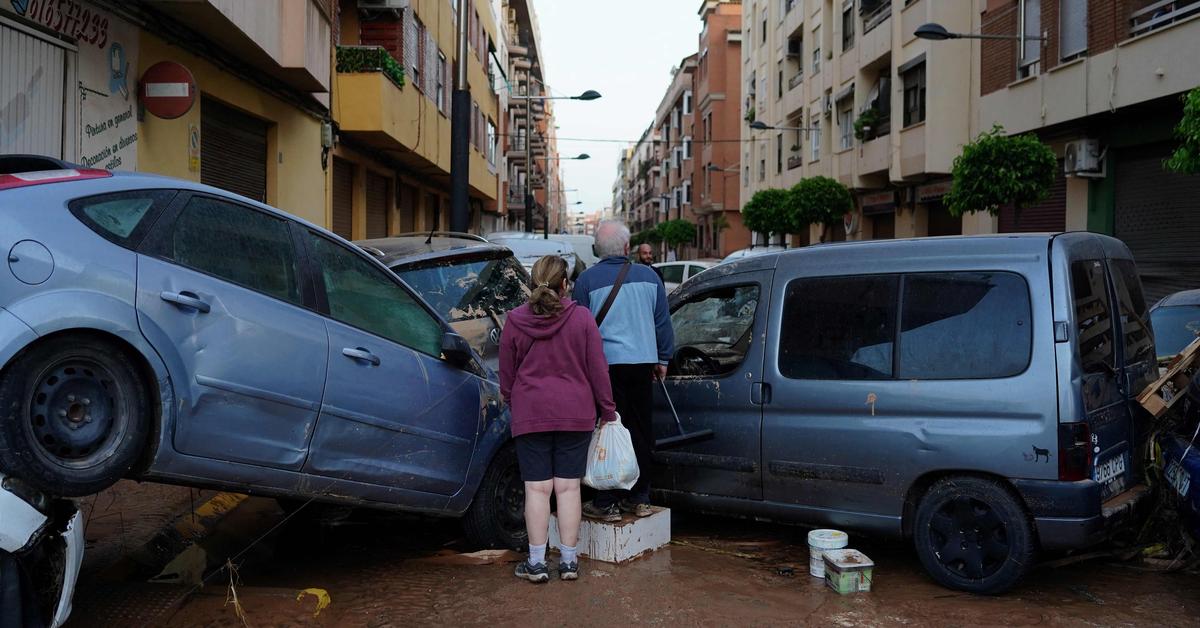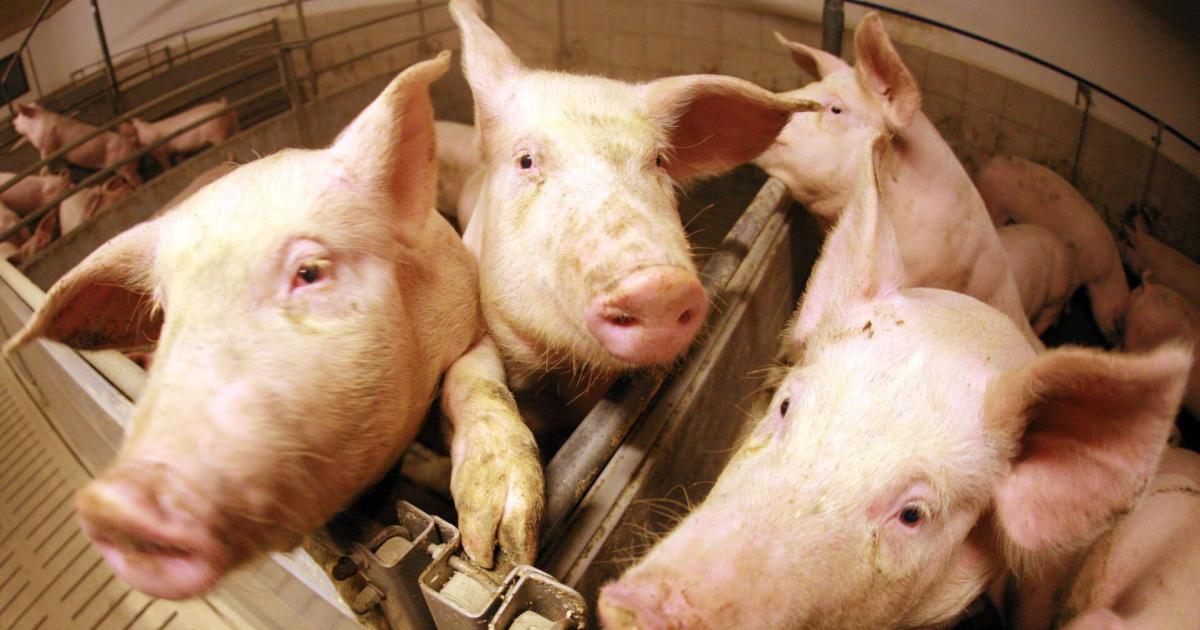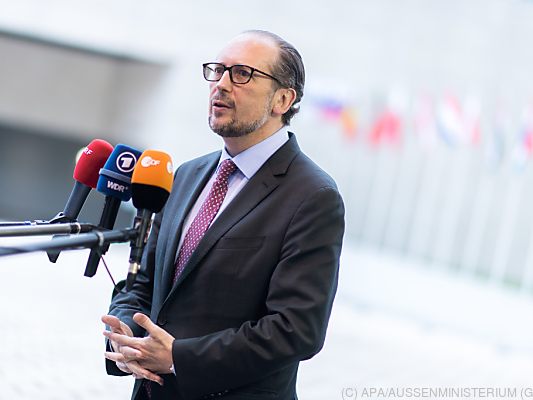The Minister of Foreign Affairs wants to continue the deportation to the country of crisis
© APA / State Department (Gruber)
Foreign Minister Alexander Schallenberg has strongly criticized the Afghan government’s latest request to suspend deportations to the troubled country for three months. Schallenberg stressed Monday before a meeting with his EU counterparts in Brussels that despite the withdrawal of troops, they will not turn their backs on Afghanistan. But such a relationship “can’t be a one-way street,” Kabul’s declaration was not “the way you treat a partner.”
“Contracts must be adhered to,” Schallenberg demanded. The European Union as “one of the biggest supporters and financiers of Afghanistan” should “slowly wake up” here. The foreign minister said it could not be that “Europe is always in the short term” and “is under pressure from other countries on migration issues”, also with a view to the situation at the borders with Belarus and Turkey. Schallenberg argues that the EU Commission is obligated not to “simply return to the agenda”.
Austria and many European countries are deporting asylum seekers to Afghanistan by a negative decision. However, deportations to the crisis country are controversial. Although peace talks began in September, the conflict with the hardline Islamist Taliban movement continues. Since the withdrawal of international forces from Afghanistan began in early May, the security situation has worsened. According to their statements, the Taliban already controls about 85 percent of the country.
“The fact that the Taliban are in Afghanistan is not a new situation,” Schallenberg said. He emphasized that the Western community would not abandon the country in the Hindu Kush. But the foreign minister said that “the signal we have now is not actually a positive signal,” referring to the deportations. Treaties must be adhered to, “here we will certainly still have influence on the Afghans.”
Schallenberg was pleased that Israeli Foreign Minister Yair Lapid attended the EU Ministers’ Luncheon. It is a “very positive sign” that Lapid came to Brussels less than a month after being sworn in. Schallenberg demanded that the goal should be to “intensify relations with Israel.” The EU-Israel Association Council last met in 2012. The “terrible clashes between Hamas and the Israelis” continued, the Foreign Minister continued, showing that the conflict in the Middle East “has not been forgotten, and is still burning. We, as the European Union, must take a very close look.” “.
Lebanon will also be the subject of senior EU diplomats. More than a year ago, the Mediterranean country was in one of the worst economic and financial crises in its history. In addition, the main political blocs have not been able to agree on a new government for months. This is a “difficult subject,” Schallenberg said. “There is a certain amount of frustration in the EU because it feels like it’s going in circles.” According to the foreign minister, it makes sense to “stick the stick in the window” of Lebanon. Schallenberg was cautious about penalties, such as those the French were considering.

“Food practitioner. Bacon guru. Infuriatingly humble zombie enthusiast. Total student.”







More Stories
At least 95 dead in Spain: thousands of people trapped in cars, trains and shopping centres
Will Biden become a burden on Harris in the US election campaign?
Spain: More than 60 killed in the storms